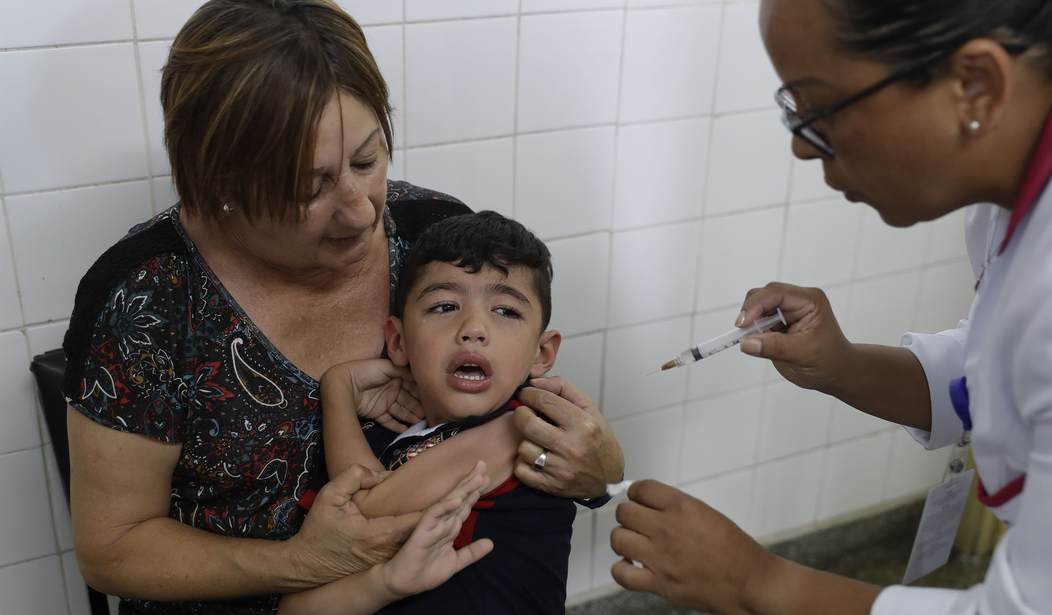In Pennsylvania, as with the rest of the country, children over the age of twelve are now allowed to be vaccinated using the Pfizer dose. Moderna and J&J are expected to be similarly approved in short order. But for some Keystone State lawmakers, this situation is raising an uncomfortable question. There are students in the 12-17 age range who are interested in being vaccinated but they can’t do so without the consent of their parents. That’s led State Senator Amanda Cappelletti to craft a bill that would allow children who are at least 14 years old to make the choice for themselves after talking to a family doctor or pediatrician. Needless to say, this isn’t a popular idea with everyone. (CBS Pittsburgh)
With more and more kids getting the coronavirus vaccine but many parents still hesitant, there are questions about when a teenager should be allowed to make their own medical decisions.
A Pennsylvania state senator is now sponsoring a bill to allow kids ages 14 and older to get vaccines if their doctors recommend it, even if their parents don’t.
Right now, kids under 18 years old need consent from parents to get a vaccine. State Senator Amanda Cappelletti from Montgomery County is writing a bill to allow anyone 14 and older to make their own decision about vaccines after talking with their family doctor or pediatrician.
This issue is going to boil down to a debate over what the law currently says and what the law should say. It also brings us back to an issue we’ve batted around here on many occasions. At what age are you technically considered an adult who is responsible for making your own decisions?
As far as the current state of the legal issue goes, the answer should be fairly clear. Children do not make choices about medical decisions and even supposedly responsible adults do not override the parents’ choices unless it can be proven that they are placing their child’s welfare at risk. If a school nurse gives a child an aspirin without first obtaining parental consent they can be fired. While most medical authorities agree that the vaccines currently approved for use are safe, they’re still not nearly as well established and understood as a 50 mg Bayer aspirin.
There are many things we don’t allow children to do at age 14. They can’t purchase or use alcohol or tobacco products. They can’t drive a car. They can’t give informed consent for sexual activity. Turning around and making an exception for this one vaccine (and no others, by the way, including the ones currently required for enrollment in public schools) has the smell of politics about it, doesn’t it?
But that still leaves us with the second question I mentioned above. The proposed law in Pennsylvania would apply to children ages 14 to 17. By the time you are seventeen, you can enlist in the military on the Delayed Entry Program. In most states, you can have a driver’s license. But even then, including in Pennsylvania, you have to have a parent or guardian sign off.
This really isn’t so much a question of whether or not children can make such decisions for themselves. The real issue is whether or not the state can allow the child to override the decision of their parents. Whether you agree with it or not, parents are still given the final say in virtually everything their children do unless they are shown to be abusive. Further, there seems to not be any discussion of the opposite situation. What if the parents want their child to receive the vaccine but the child refuses? If this bill is passed into law, will the children also be given the right to decline against their parents’ wishes? If not, then this proposed law really will come across as nothing but political pandering designed to drive up the vaccination numbers.








Join the conversation as a VIP Member